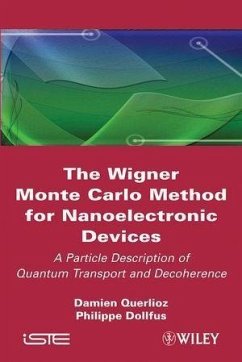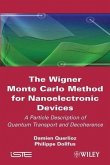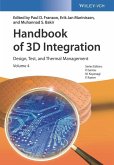The emergence of nanoelectronics has led us to renew the concepts of transport theory used in semiconductor device physics and the engineering community. It has become crucial to question the traditional semi-classical view of charge carrier transport and to adequately take into account the wave-like nature of electrons by considering not only their coherent evolution but also the out-of-equilibrium states and the scattering effects. This book gives an overview of the quantum transport approaches for nanodevices and focuses on the Wigner formalism. It details the implementation of a particle-based Monte Carlo solution of the Wigner transport equation and how the technique is applied to typical devices exhibiting quantum phenomena, such as the resonant tunnelling diode, the ultra-short silicon MOSFET and the carbon nanotube transistor. In the final part, decoherence theory is used to explain the emergence of the semi-classical transport in nanodevices.
Dieser Download kann aus rechtlichen Gründen nur mit Rechnungsadresse in A, B, BG, CY, CZ, D, DK, EW, E, FIN, F, GR, HR, H, IRL, I, LT, L, LR, M, NL, PL, P, R, S, SLO, SK ausgeliefert werden.









